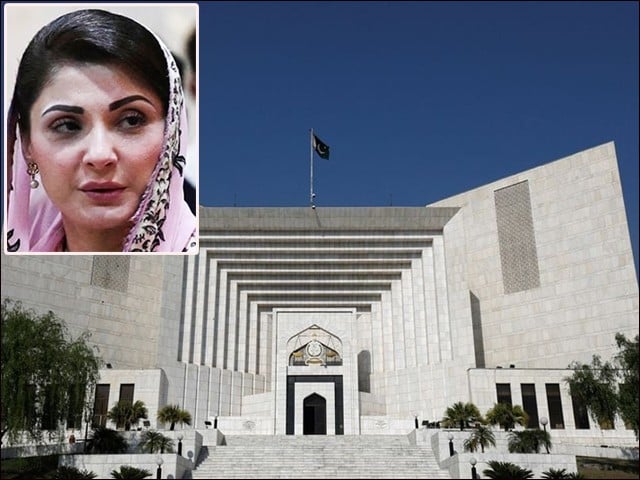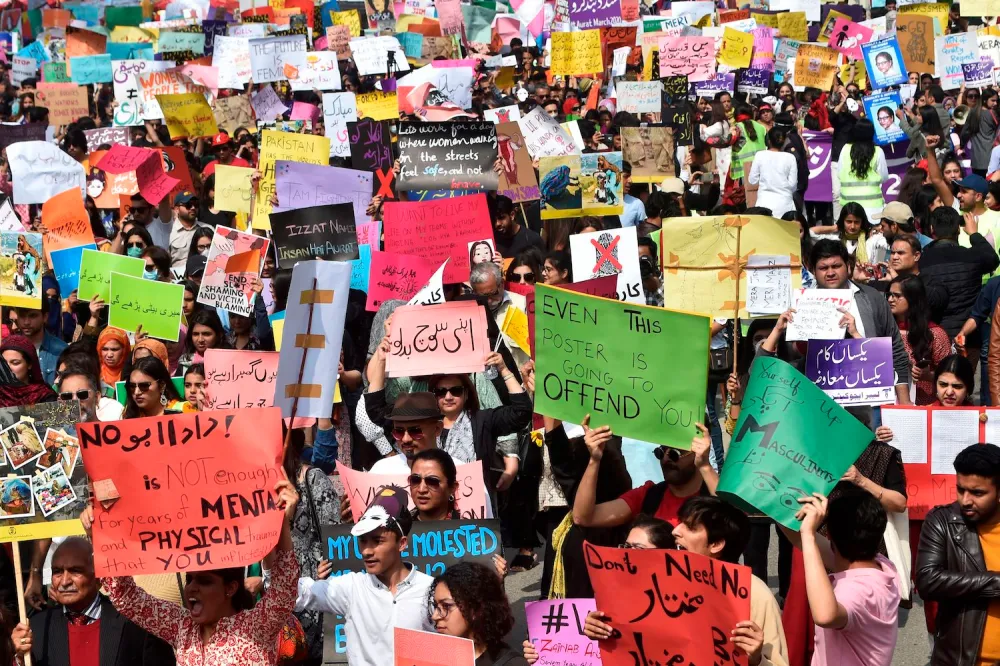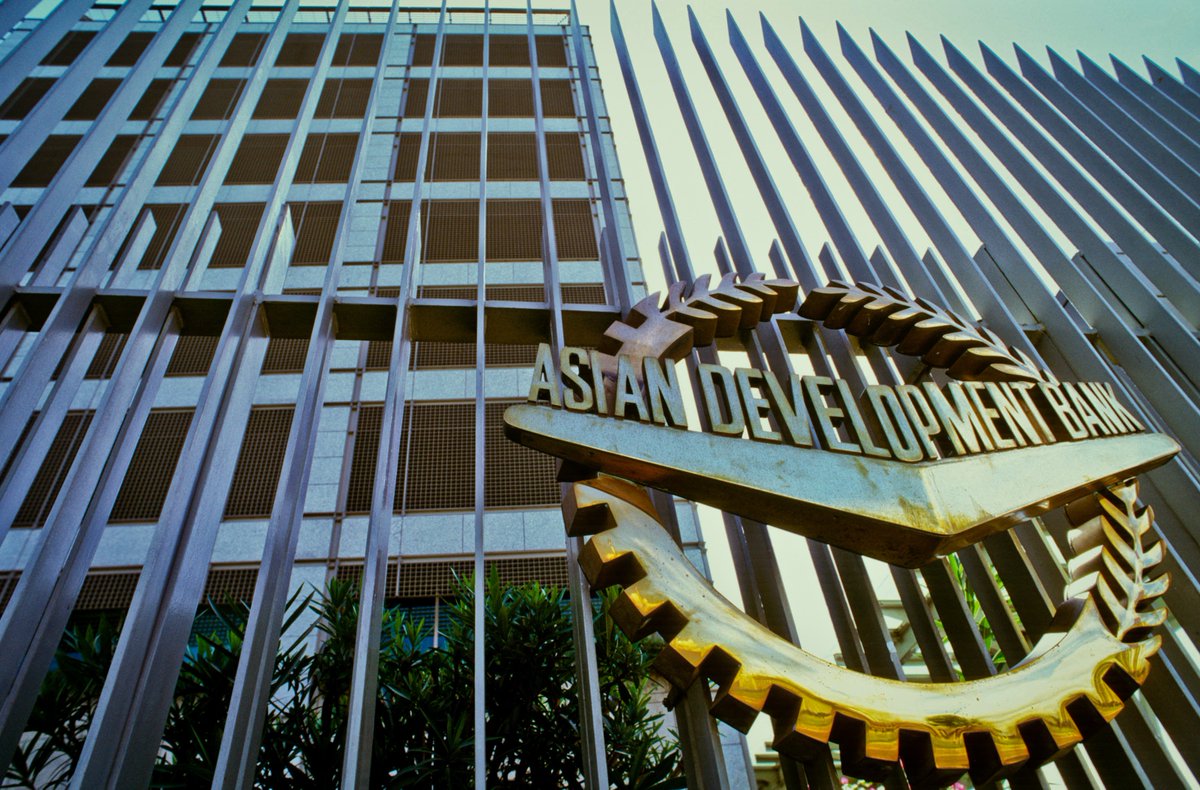Musa Khan
Since October 7, approximately 200,000 Israelis have experienced internal displacement from both the southern and northern regions. This marks a significant departure from the norm, as Israel, which has historically encroached into Palestinian territory, is now grappling with internal displacement and upheaval.
The events of October 7 cannot be dismissed as mere outbursts resulting from the longstanding suffering of the Palestinian people under Israeli rule. Rather, it is essential to contextualize this incident within the broader turmoil that has engulfed the Middle East and North Africa (MENA) region since the Arab Spring of 2011. The aftermath of the Arab Spring has witnessed a relentless cycle of conflict and instability, spanning from Afghanistan and Iraq to North Africa, Syria, and Yemen.
This period has been pivotal in reshaping alliances and perceptions among Arab nations. Traditional allies of the United States began to question their relationships, particularly in the context of the Syrian conflict, where the U.S.-backed efforts failed to yield the desired outcomes. The resulting disarray led to a divergence between regional powers such as Saudi Arabia and Qatar, prompting the formation of new alliances, exemplified by the establishment of OPEC+ in 2016 with Russia at its helm.
Subsequent events, including the U.S. withdrawal from Syria in 2019, further underscored the diminishing influence of the U.S. in the region. This shift paved the way for diplomatic reconciliations, such as the resumption of ties between Qatar and Saudi Arabia in 2021, and facilitated initiatives for peace, as seen in Iraq’s mediation between Iran and Saudi Arabia. Notably, China’s role in supporting the Saudi-Iran rapprochement emphasizes the evolving dynamics in the MENA region.
The culmination of these geopolitical shifts set the stage for the events of October 7. The unity and coordination observed among various regional actors, including Iran-backed groups like Hezbollah and the Houthis, signify a concerted effort and a shared stance against Israeli actions. Moreover, the reluctance of Arab nations to condemn Iranian responses to Israeli aggression highlights the evolving regional consensus and a departure from the status quo that prevailed prior to October 7.
In the aftermath of October 7, the region witnessed further developments that reflected the changing dynamics. The inability of Israel to mount a substantial response to a significant Iranian attack, along with the refusal of countries like Qatar and Kuwait to permit the use of their bases against Iran, underscores the shifting geopolitical landscape. Additionally, China’s efforts to mediate between Palestinian factions Hamas and Fatah signify a potential reconfiguration of alliances and priorities in the pursuit of Palestinian statehood.
While the people of Gaza endure profound suffering, their unwavering quest for freedom resonates as a testament to the justness of their cause. In contrast, Israel’s aggressive actions have engendered international condemnation and exposed the fragility of its alliances. Moreover, Israel’s diminishing ability to dictate escalations in the region highlights a pivotal shift in the balance of power.
Amid these transformations, the question arises: how is Hamas emerging as a victor in this complex geopolitical landscape? The answer lies in the formidable alliance that appears to be supporting Hamas while Israel finds itself increasingly isolated and grappling with internal divisions. The once unassailable Israeli dominance has given way to a new reality, where the balance of power has tilted, and Israel’s erstwhile allies have proven unreliable.
Concludingly, the events unfolding since October 7 underscore the intricate interplay of geopolitical dynamics and historical shifts within the MENA region. The evolving alliances, diplomatic maneuvers, and the resolute pursuit of Palestinian statehood collectively signify a paradigm shift with far-reaching implications for the region and beyond.

















































